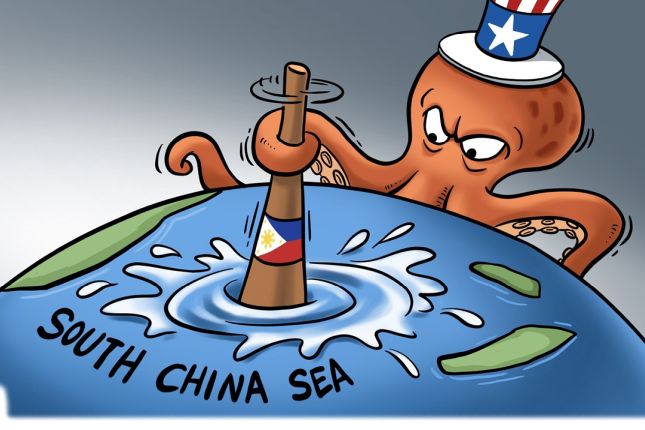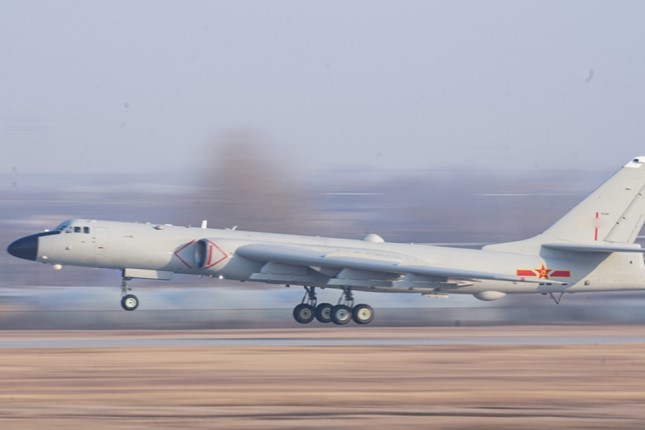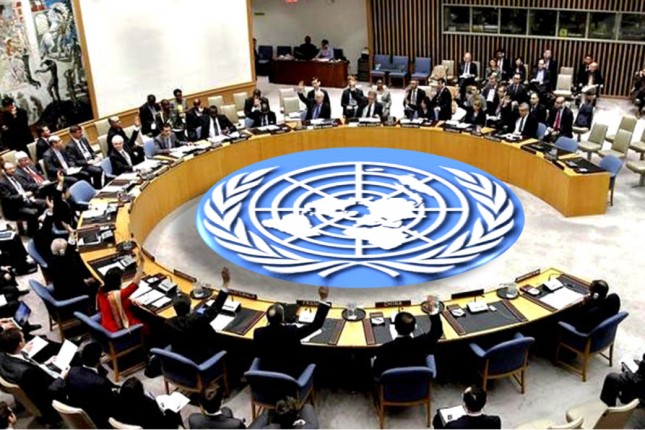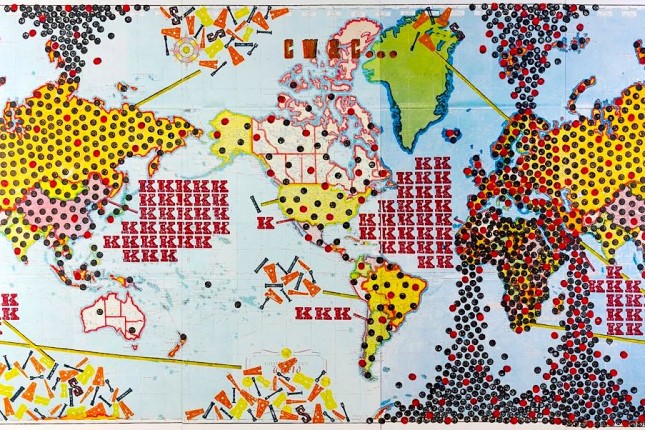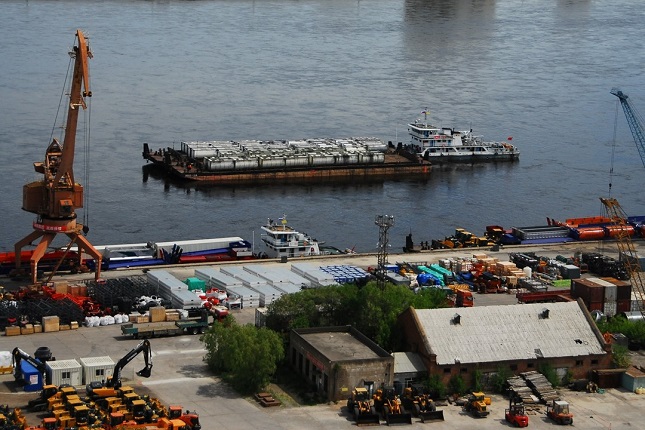Karl Thomas, commander of the US' largest forward-deployed fleet, the Seventh Fleet, said on Sunday that China's "aggressive behavior" in the South China Sea must be challenged and checked, citing the professional and restrained approach that China had taken to warn away the intrusion of Philippine ships into the waters around Ren'ai Reef on August 5.
Thomas assured the Philippines of US backing in the face of "shared challenges" in the region, saying, "My forces are out here for a reason," Reuters reported.
The Seventh Fleet, headquartered in Japan, operates as many as 70 ships, has around 150 aircraft and more than 27,000 sailors.
Responding to his remarks, Chinese Foreign Ministry spokesperson Wang Wenbin said on Monday that "we find it hard to understand why the US commander made the remarks that distort facts, sow discord and flex muscles. China Coast Guard takes necessary measures to safeguard China's sovereignty and maritime rights and interests. This is beyond reproach. The US has no right to interfere."
"The truly provocative action would be the US frequently flaunting its military muscles in the South China Sea," said Wang said who urged the US to stop being a disrupter and saboteur of peace and stability in the region.
The US-led West ramped up its efforts in provoking China on the South China Sea issue in a series of moves last week, which experts believe are manipulations aimed at causing problems and rifts between China and ASEAN, so that the implementation of a code of conduct in the South China Sea will not be implemented.
They warned of continued provocations from the US in both the military and diplomatic fronts to sow discord between China and ASEAN, which will cause significant harm to regional countries.
For one thing, the intervention of the US has worsened the security situation in the region, leading to increased competition in areas including maritime law enforcement and military strength, Chen Xiangmiao, director of the World Navy Research Center at the National Institute for South China Sea Studies, told the Global Times on Monday.
This escalation risks turning the regional security situation into a "ticking bomb," experts said, which will result in unimaginable changes if a conflict ever breaks out between China and the US.
In addition, with more and more countries getting involved in the South China Sea under the instigation of the US, the geopolitical landscape has become more fragmented, Chen said. "Each country is focused on its own interests, forming small circles led by the US, which will result in the erosion of the ASEAN-centered rules-based order."
On Friday, Australian and Philippine troops held their first joint exercises between the two countries near flashpoint South China Sea waters simulating the scenario of "retaking an enemy-controlled island," with the two sides planning on the first joint patrols in the region, which are expected to "happen soon," said Australian Defense Minister Richard Marles, according to Reuters.
The exercises came after the US, Japan, Australia and the Philippines held joint naval drills in the South China Sea on Thursday with the aim of "strengthening collaboration toward the realization of a free and open Indo-Pacific."
US Pentagon chief Lloyd Austin eyed closer ties with his Indonesian counterpart, and said that both sides "shared the view that China's expansive claims in the South China Sea are inconsistent with international law."
However, the Indonesian side told the Chinese Embassy in Indonesia that what the US described is not true, and no such content can be found in the press release by the Indonesian side on the same meeting, the Chinese Embassy said in a statement issued on Saturday.
Photo: US in South China Sea © Liu Rui / GT
Source: Global Times.
